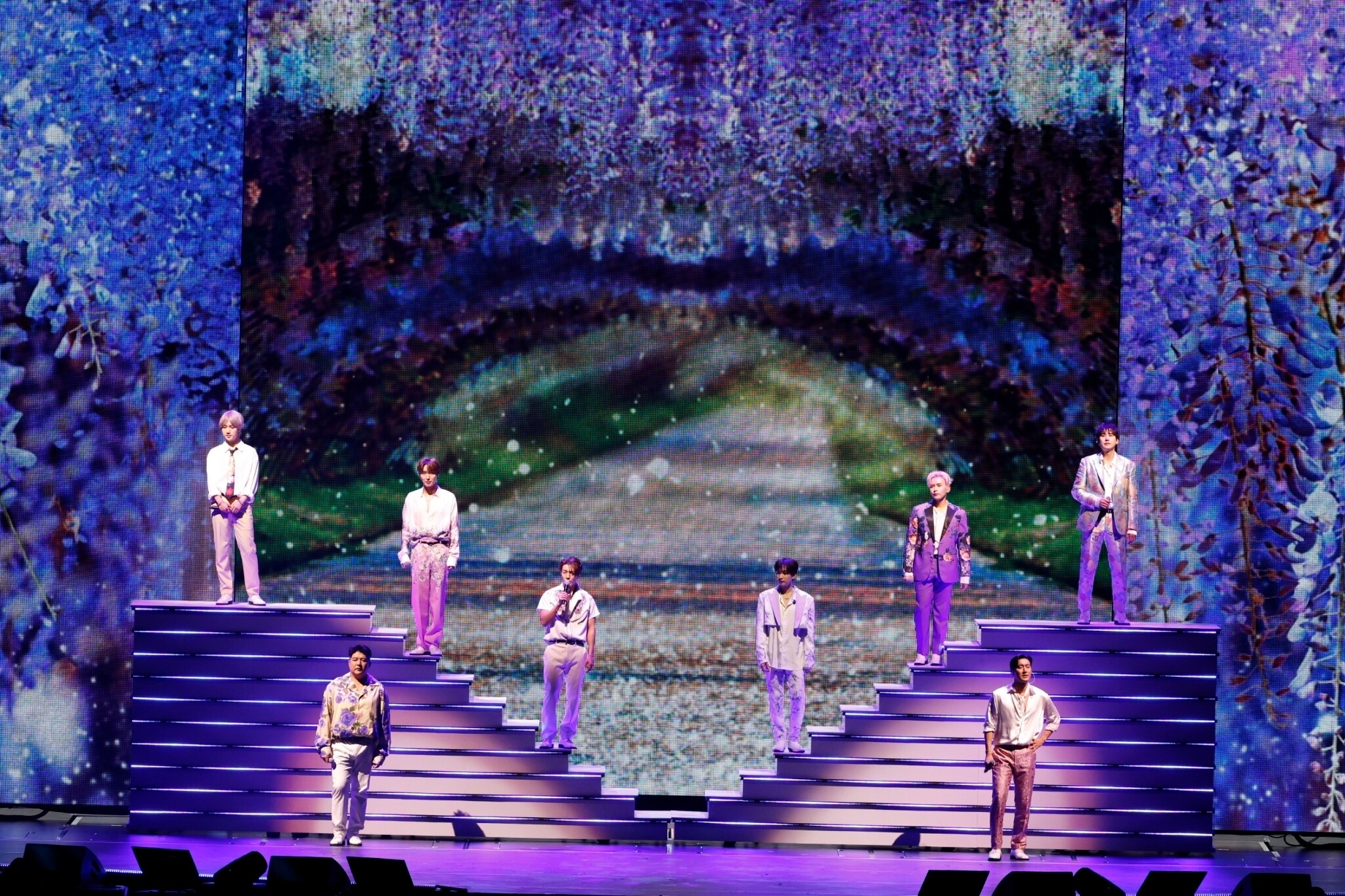K-Pop, also known as Korean Pop, has taken the world by storm in recent years. The genre has come a long way from its roots in the traditional Korean music form called Trot, to becoming a global phenomenon. In this article, we will take a journey through the history of K-Pop, tracing its evolution and exploring how it has become one of the most popular music genres in the world today.
The roots of K-Pop can be traced back to the early 20th century, with the emergence of Trot music. Trot was a popular form of Korean folk music that was characterized by its upbeat and lively rhythms. This music was traditionally performed by street musicians and was loved by the working-class people. Over the years, Trot music evolved and became more sophisticated, incorporating elements of jazz, blues, and rock into its sound.
In the 1960s and 1970s, Korean music experienced a major transformation, as the country went through rapid modernization and westernization. During this time, the Korean music industry began to grow, and new music genres started to emerge. One of the most popular genres to emerge was what is now known as K-Pop.
The birth of K-Pop as we know it today can be traced back to the 1990s, when the Korean music industry started to gain international recognition. The genre was heavily influenced by Western pop music and was characterized by its upbeat, dance-oriented sound. During this time, many of the first K-Pop boy and girl groups were formed, including the likes of H.O.T, S.E.S, and Fin.K.L. These groups paved the way for the K-Pop genre, and helped to establish it as a major player in the Asian music industry.
In the early 2000s, the Korean music industry continued to grow and evolve, with K-Pop becoming an increasingly important part of the Korean cultural landscape. During this time, the industry started to adopt a new business model, which involved the creation of highly choreographed, synchronized dance groups. This new model proved to be highly successful, and K-Pop groups such as TVXQ, Big Bang, and Super Junior, became household names in South Korea and across Asia.
In recent years, K-Pop has experienced a massive surge in popularity, becoming a global phenomenon. This can be attributed to the rise of the Korean entertainment industry, the increasing use of social media, and the globalization of the music industry. The popularity of K-Pop has also been fueled by the success of Korean dramas, which have become extremely popular all over the world. This has helped to introduce K-Pop to new audiences and has helped to establish it as a major player in the global music industry.
ok your idols are great but can they perform trot music in a big kpop concert for idols? only kwangsub can🤣🤣
SILVER GOLDEN AXE DAY#BTOBonKPOPCONCERT@OFFICIALBTOB pic.twitter.com/1k8bUXbhKP
— pey (@hidehyunsik) July 17, 2021
Today, K-Pop is one of the most popular music genres in the world, with thousands of fans all over the globe. The genre continues to evolve, with new groups emerging all the time, each with their own unique sound and style. K-Pop is also a major player in the Asian entertainment industry, with many of the biggest K-Pop groups enjoying massive popularity and success in countries such as South Korea, Japan, China, and beyond.
This is due to the fact that K-Pop groups perform in a variety of languages, including Korean, Japanese, Chinese, and English, making the genre accessible to a wide range of audiences. The global popularity of K-Pop has also led to the emergence of a thriving fan culture, with fans coming together to show their support for their favorite groups through social media, fan clubs, and fan-organized events.
In recent years, K-Pop has also been making waves on the international stage, with groups like BTS and BLACKPINK enjoying massive success in countries all over the world. These groups have broken records and have been praised for their musical abilities, their captivating performances, and their positive influence on youth culture.
Despite its recent rise to fame, K-Pop has faced its fair share of challenges and controversies. Some critics argue that the highly choreographed and synchronized performances of K-Pop groups are repetitive and lack originality, while others have raised concerns about the grueling training regimes that many K-Pop idols undergo. Nevertheless, K-Pop continues to enjoy massive popularity, and its global impact cannot be ignored.
In conclusion, the history of K-Pop is a fascinating story of evolution and global impact. From its roots in traditional Trot music, to its current status as a global phenomenon, K-Pop has come a long way and has captured the hearts of millions of fans all over the world. Whether you are a fan or not, it is impossible to deny the impact that K-Pop has had on the music industry and on popular culture as a whole, and it is sure to continue to captivate audiences for many years to come.
Featured Image: Super Junior Official Twitter
